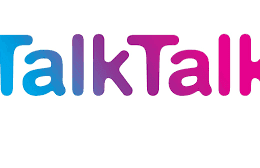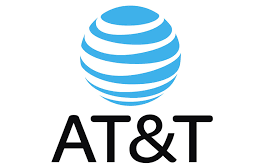In recent weeks, healthcare providers across the country have fallen victim to a surge of sophisticated impersonation scams that threaten the safety of patient data and financial security. Fraudsters are using increasingly deceptive methods to impersonate government agencies, insurance companies, and even fellow medical professionals to manipulate healthcare workers into divulging sensitive information.
These scams primarily involve fraudulent phone calls or emails, often requesting confidential patient records, financial data, or login credentials under the pretense of routine verification or emergency situations. The attackers leverage their knowledge of healthcare procedures and jargon, making it challenging for providers to distinguish between genuine and deceptive communications.
Spotlight Feature
The Anatomy of an Impersonation Scam:
Understanding how these impersonation scams unfold is crucial to fortifying defenses against them. A typical scenario might involve an unsuspecting receptionist or administrative staff member receiving a call from an individual posing as a representative from a reputable health insurance company.
The imposter would claim to require immediate access to specific patient records due to an urgent insurance claim issue. To add legitimacy, they might provide seemingly accurate details about the patient’s medical history, diagnosis, or ongoing treatment.
Recognizing Red Flags:
Identifying fraudulent calls is essential to protect patient confidentiality and maintain the trust patients place in healthcare providers. Here are some red flags to watch out for:
- Urgent or high-pressure demands for information.
- Requests for sensitive data like social security numbers, credit card information, or login credentials.
- Inconsistencies in the caller’s information or reluctance to provide verifiable contact details.
- Calls or emails claiming to be from government agencies but originating from suspicious or unknown phone numbers or email addresses.
Uncovering the Source:
Journalists play a vital role in exposing these scams and providing healthcare providers with the tools to combat them. To uncover the source of these fraudulent activities, we must adopt a rigorous investigative approach:
- Contact Law Enforcement: Report suspicious calls to local law enforcement or the Federal Trade Commission (FTC) to initiate a formal investigation.
- Trace the Call: Working with telecommunications experts, follow the trail of the scam calls to identify the geographical origin and potential culprits.
- Interview Victims: Speak with healthcare providers who have experienced these scams to learn about their experiences and gather valuable insights.
Opinion Piece:

Protecting Our Healthcare Heroes: Uniting Against Impersonation Scams
As the impersonation scams targeting healthcare providers proliferate, it is crucial for us as a society to rally together in support of our frontline heroes. The well-being of patients depends on healthcare workers being able to focus on their critical tasks without the constant fear of falling prey to fraudulent calls.
While it is imperative for healthcare providers to remain vigilant, we, as the public, must also play our part. Be cautious when providing personal information over the phone, and encourage healthcare organizations to implement robust verification processes for any requests.
In the realm of journalism, we bear a responsibility to shed light on these scams and empower healthcare providers with the knowledge to protect themselves and their patients. By raising awareness, conducting thorough investigations, and amplifying the voices of those affected, we can make a difference in the fight against these malicious acts.
In conclusion, the battle against impersonation scams requires a collective effort. Through unwavering dedication to accurate reporting and vigilant research techniques, journalists can serve as the guardians of truth and defenders of our healthcare system’s integrity. Let us stand together to safeguard the health and well-being of our communities.












